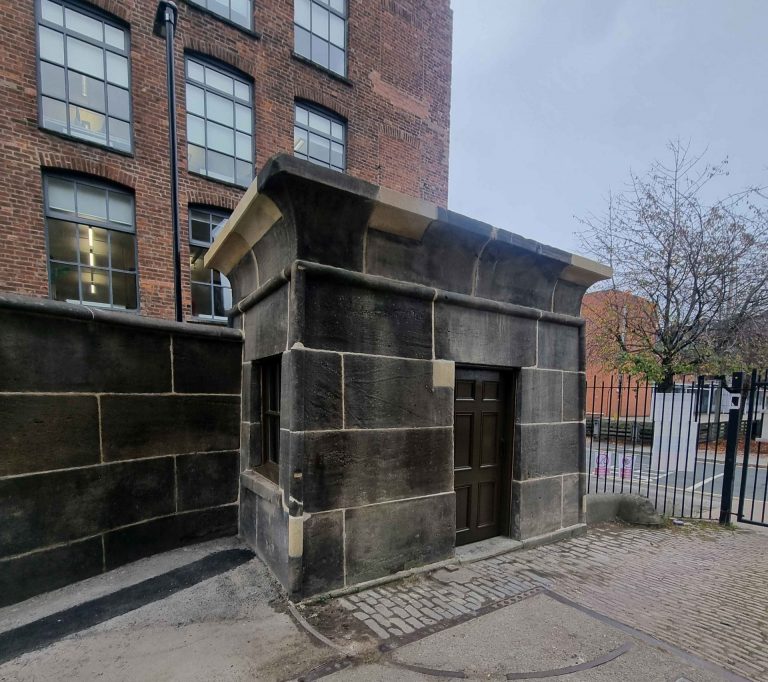Refurbishment of Temple Mill gate lodge completes, testing repair solution prototype for Temple Works
Multi-million pound deal sealed for 14-acre Hull site
New initiative aims to highlight the benefits of T Level students
£9.8m Government funding boost for major Wakefield schemes
Cllr Michael Graham, Cabinet Member for Regeneration and Economic Growth, said: “This additional funding is great news for Wakefield and will help us deliver several big-ticket projects, including bringing one of the City’s most recognisable buildings back into use.
“The Old Crown Court has stood empty for far too long, this funding will help us bring the building back to life and secure its future.
“And Production Park is a fantastic asset to our district, putting us on the map internationally. Some of the biggest names in entertainment have used the facilities on offer here. And by expanding the existing facilities we can attract even more business and investment to the area, as well as creating more jobs.”Boxphish snaps up dark web threat intelligence platform
Environmental horticulture industry could be worth £51bn to the UK economy by 2030
- Urban green spaces provided pollution reduction and cooling effects valued at £27.4 billion in 2021 while helping avoid £800.5 million in health-related costs.
- Urban vegetation helped the UK avoid £800.5 million in health-related costs.
- In 2023, public parks, gardens, and green spaces attracted £4.2 billion in tourism spending while also proving essential for public health.
- UK households spent around £13.2 billion on garden goods and £5.8 billion on professional gardening and landscaping services in 2023.












